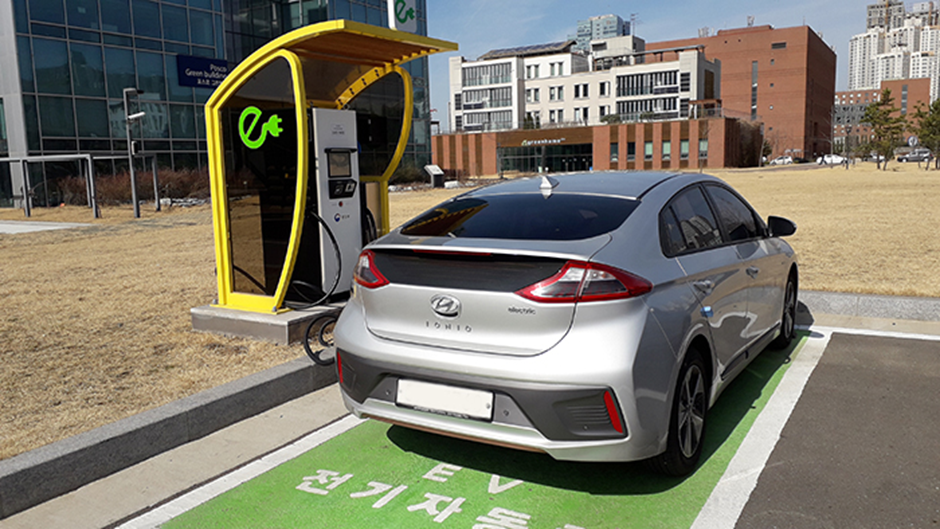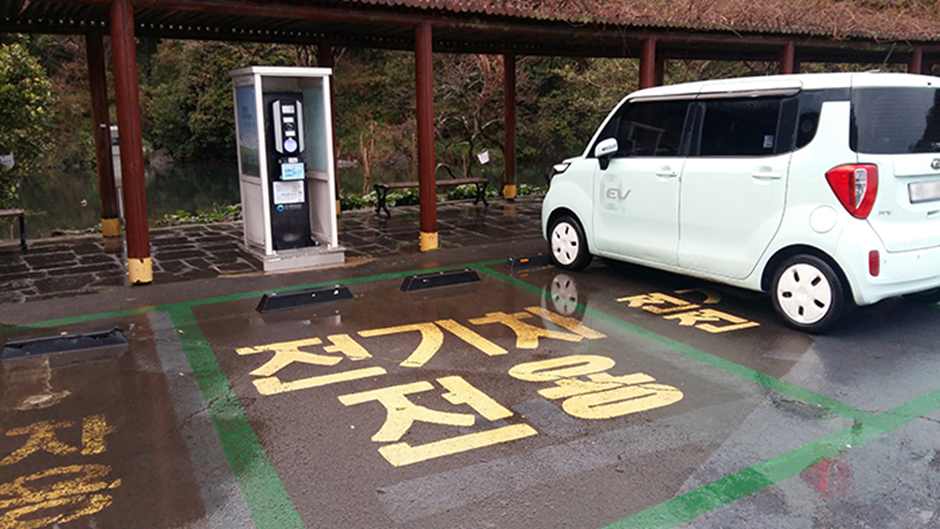City investing a total of KRW 136 billion to add 12,429 electric vehicles to its roads
Incheon is now accepting applications (from February 21) for the “2023 Electric Vehicle Project” which offers a subsidy to each newly purchased electric vehicle to promote the use of eco-friendly vehicles.

▲ Incheon is now accepting applications (from February 21) for the “2023 Electric Vehicle Project” which offers a subsidy to each newly purchased electric vehicle to promote the use of eco-friendly vehicles.
The City will invest a total of KRW 136 billion, including KRW 88.1 billion from the central government, with the goal of putting 12,429 electric vehicles on its roads this year. By vehicle type, Incheon is hoping to add 10,080 electric passenger vehicles, 2,227 electric trucks, and 122 electric buses across either the first half or second half of the year.
Electric vehicle subsidies (including government and city subsidies) will be available on a sliding scale depending on vehicle performance (fuel economy/energy consumption, range), etc. The maximum subsidy per vehicle has been confirmed at KRW 10.30 million for an electric passenger vehicle, KRW 18 million for an electric truck (small), and KRW 80 million for an electric bus (large). However, in the case of passenger vehicles, cars with a recommended consumer price of KRW 85 million or more will not be eligible for the subsidy.
Also, electric taxis will get KRW 2 million in national (central government) subsidies, whereas lower-income households and low-income households will get 10% of the national subsidy when buying a small electric passenger vehicle or 20% when buying a micro electric passenger vehicle. An additional KRW 500,000in national subsidy will be offered to promote the use of micro electric vehicles as well. Small business owners or lower-income/low-income families will get 30% of the national subsidy when purchasing an electric truck, and an additional KRW 5 million when purchasing an electric bus as a school bus for children.
To apply for the subsidy, residents must sign a contract to buy an electric vehicle from the automobile manufacturer/importer, then the manufacturer/importer must submit an application for eligible subsidies online via the ev.or.kr website.

▲ Electric vehicle subsidies(including government and city subsidies) will be available on a sliding scale depending on vehicle performance (fuel economy/energy consumption, range), etc. The maximum subsidy per vehicle has been confirmed at KRW 10.30 million for an electric passenger vehicle, KRW 18 million for an electric truck (small), and KRW 80 million for an electric bus (large). However, in the case of passenger vehicles, cars with a recommended consumer price of KRW 85 million or more will not be eligible for the subsidy.
For this year’s subsidy program, Incheon has changed its restrictions on applications. Residents cannot re-apply for the subsidy within two years for passenger vehicles or vans, and five years for cargo vehicles/trucks. Restrictions will retroactively apply to residents who had bought their electric vehicles on an earlier date. If a corporation wants to purchase more than two units, it is eligible for the national subsidy only through the Korea Environment Corporation.
For more details and other information on the Electric Vehicle Project, buying electric vehicles, and available support, please visit the www.ev.or.kr website.
Inquiries: 032-440-4357.4358 Energy Policy Division, 1666-0970 Korea Environment Corporation Customer Call Center